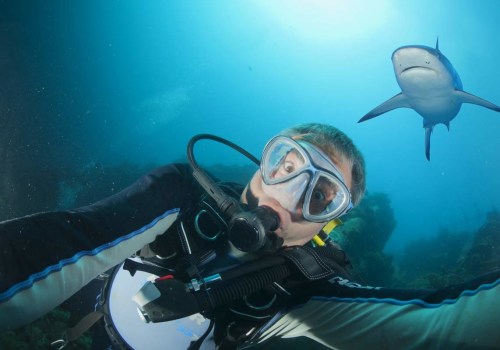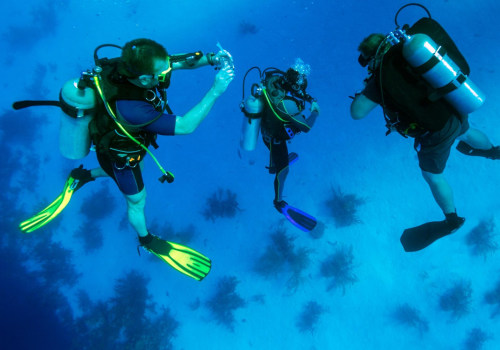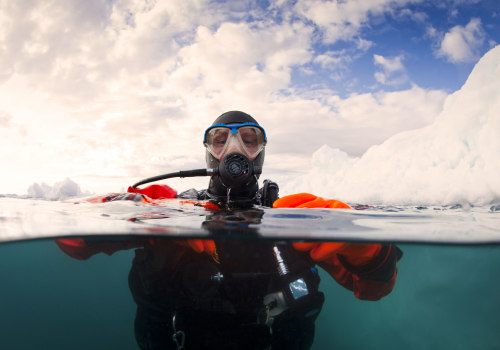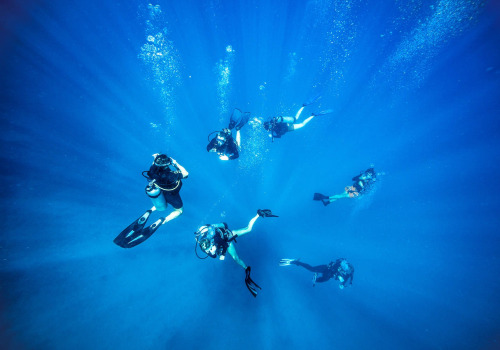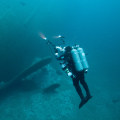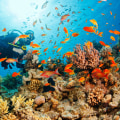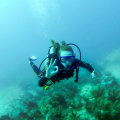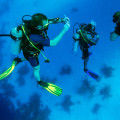British marine life is very different from that of tropical waters. You have a lot to explore if you take the time to look around. Sea creatures, living or dead, should not be picked up from the ocean or bought as souvenirs. Doing so eliminates certain organisms, depriving other animals of their food source or causing an invasive species to thrive.
Even dead organisms play an important role for animals that depend on the decay process or on shelter. The purchase of these items only reinforces demand and encourages the continuation of the harvest. When scuba diving, it is important to check your dive computer frequently to see how much time you have at each depth during the dive. Follow your guide and don't descend below its depth.
It is also important to avoid going below 40 m (130 ft): this is the limit for recreational diving and so is it for diving insurance. There isn't usually much to see below 40 m (130 ft). After the dive, it is essential not to fly until at least 24 hours after the last dive (some agencies specify 18 hours, but the rule is still 24). Flying in a pressurized environment can cause decompression sickness if you don't allow time beforehand for the nitrogen to dissipate.
It is important to remember that divers learn in their first diving class not to harm, touch, or harass underwater life. If you see someone treating the underwater world like a petting zoo, talk to a dive master, group leader, or trusted expert. A good dive operator will incorporate information about the local environment and conservation into their briefing. From the Bay of Pigs, near Havana, to Cayo Coco, on the north coast, here are five of the best places to dive in Cuba:
- Cayo Largo
- Cayo Levisa
- Cayo Jutias
- Cayo Santa Maria
- Cayo Coco
Anyone who is engaged in diving may have to swim in a fast current and rescue a companion (diving partner) in the event of an emergency. Getting out of a dive quickly can cause curves or decompression disorders, as nitrogen enters the bloodstream by force. Trauma, oxygen toxicity, or hypoxia due to equipment malfunction, poor dive planning, and hypothermia are also potential risks for the diver. Divers usually have large lung volumes with a proportionately greater increase in vital capacity than in the case of FEV1. In conclusion, it is important to remember that marine life should be handled with care when scuba diving in the UK. It is essential not to pick up any organisms from the ocean or buy them as souvenirs.
It is also important to check your dive computer frequently and follow your guide's instructions when diving. Finally, it is essential not to fly until at least 24 hours after your last dive.
